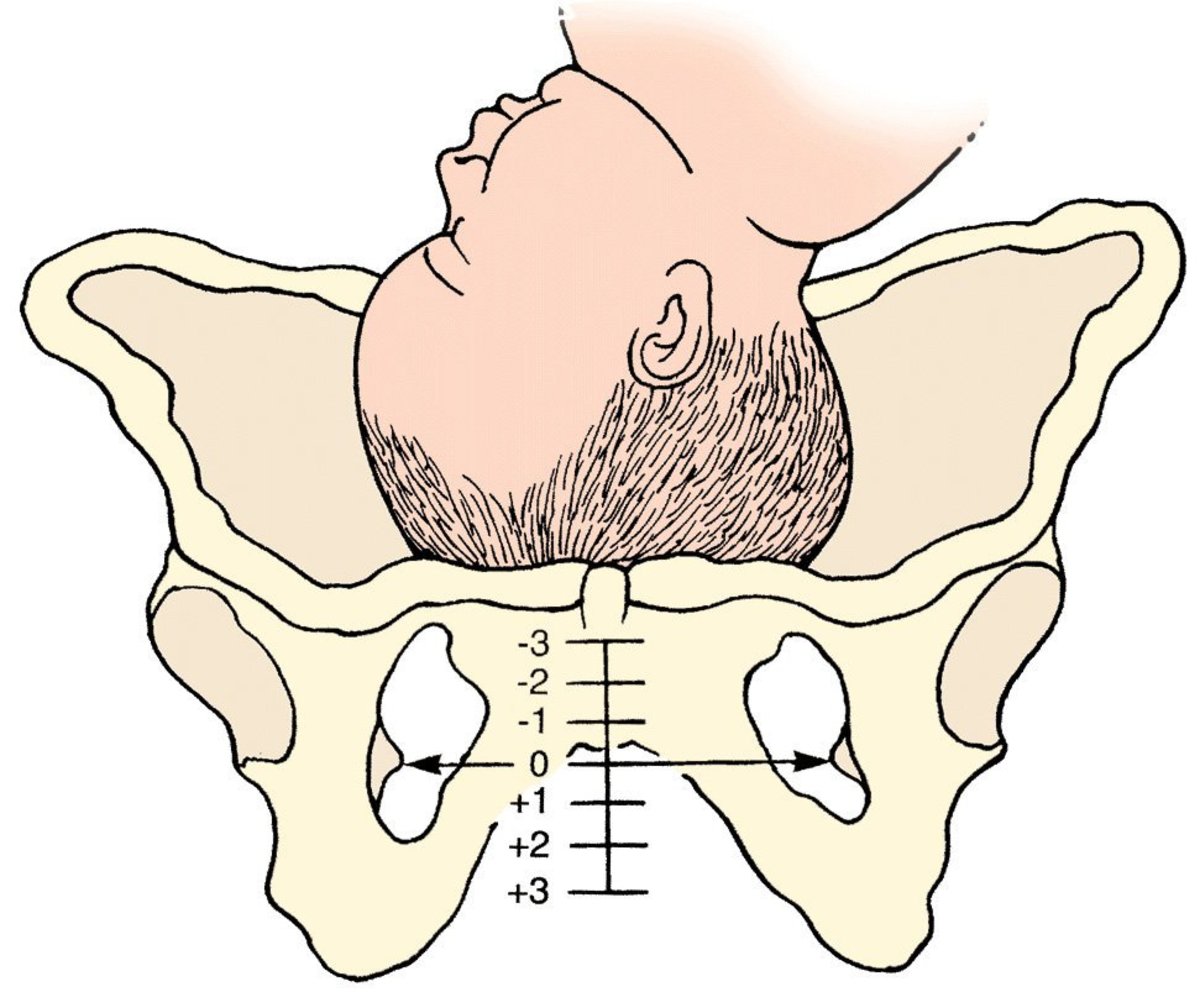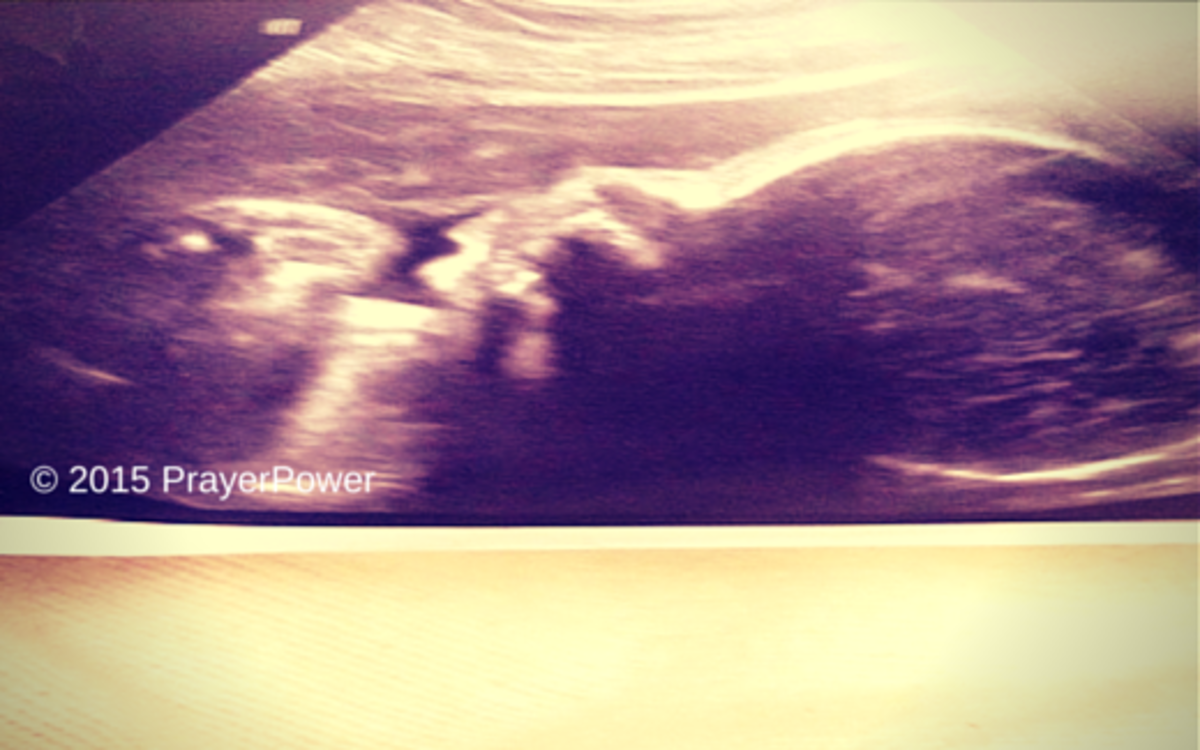- HubPages»
- Health»
- Women's Health»
- Pregnancy
Pregnancy And Diet. Do You Know How To Eat When Pregnant?

The first advice for future mothers and their pregnancy diet is to not eat for two. They must keep in mind, first of all, on what they are eating.
If you want to know how to eat when pregnant, then you should eliminate the energy foods from your pregnancy eating plan. A pregnant woman needs no energy foods in her diet.
This means that you no longer need for carbohydrates and fat. The healthiest sources of carbohydrates are whole-wheat bread, whole grain pasta, cereals, brown rice, beans, sweet potatoes, yams, pumpkin, butternut squash and white potatoes.
Healthy carbs in your pregnancy diet
The grains are a good source of vitamins B1, B2 and folic acid. Plus, they give you lots of nutrients, like iron, selenium, and magnesium. Try to eat as much whole grain as possible, not refined or enriched grains.
Whole Grain Bread. You can eat multigrain bread, yeast bread, pita bread and English muffins made from 100 percent whole wheat. These grain goods are your best ally against constipation, due to the fibers they provide.
If you are asking yourself what legumes to add to your pregnancy diet, you should know that green peas and black-eyed peas, lentils, kidney beans, navy beans, sweet potatoes, yams, pumpkin, butternut squash and white potatoes are high in fiber and protein.
These is the best energy supply for you and for your baby's development.
The whole grain pasta is a good alternative to regular, refined wheat pasta, if you are pregnant. So, you can add to your pregnancy eating plan sprouted grain pasta, brown rice pasta and whole wheat pasta.
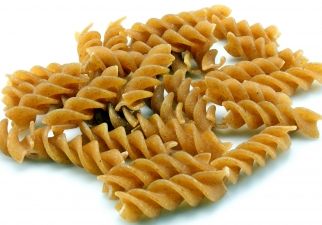
Replace the sugary cereals with the whole-grain cereals. Try the cereals with extra fiber. You can avoid constipation and hemorrhoids. Plus, according to recent studies, a daily intake of 24 grams of fiber greatly reduced risk of preeclampsia by 51%.
A pregnant woman needs to have all of these healthy carbs, more than that before she became pregnant.
With fats is more complicated in a pregnancy diet
The fats in meat and chocolate don't feed the baby. Healthy fats providers are lean meats, low-fat dairy products and fish. During pregnancy, the diet must provide the necessary input of substances and vitamins.
The main nutrients you must eat when pregnant:
- Proteins. Important substances in your child development. Your pregnancy eating plan must contain animal proteins and vegetable proteins, effectively combined. It's best to combine them both. For example, the egg with the potatoes.
During pregnancy, you need three servings of protein every day, especially during the final trimester. Sources of proteins: Eggs, potatoes, fatty fish, like wild salmon, anchovies, and sardines, lean meat, poultry, milk and other dairy products, beans, tofu, peanuts, whole-grain foods, peanut butter, other nuts and seeds.
- Calcium, phosphorus and magnesium. These elements are important because they contribute to the formation and development of bones, teeth, organs and the central nervous system of your baby. Green vegetables contain calcium. Milk products contain phosphorus. Magnesium is found in green leafy vegetables.
If you have problems assimilating these substances, then the child will consume your body’s reserves The consequences for you are dental problems during and after pregnancy.
- Iron. This is a key element in the composition of blood. A pregnant woman needs double the amount of iron compared to a woman who is not pregnant. Even if you pay attention to your pregnancy diet, the gynecologist can prescribe iron supplements.
If you're not getting enough iron or certain other nutrients while pregnant, then you may develop anemia. And, because during pregnancy your body produces more blood to support the growth of your baby, if you have anemia you might not be able to produce the amount of red blood cells it needs to make this additional blood.
The symptoms of anemia during pregnancy are frequent dizziness, shortness of breath and rapid heartbeat, palpitations, pale skin, lips, and nails, trouble concentrating. The causes for anemia during pregnancy: a diet low in iron, lack of folic acid, two pregnancies close together, if you have twins or triplets.
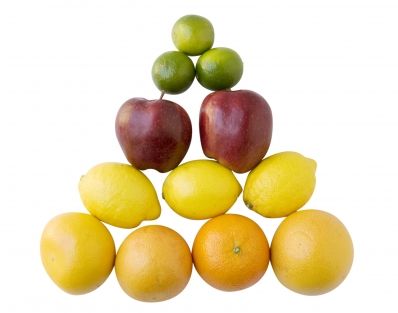
To absorb the maximum amount of iron, you need a diet rich in vitamin C. Include in your pregnancy eating plan raw vegetables, potatoes, lemon, lime and oranges.
They are all good sources of vitamin C. Don’t forget about the foods rich in folic acid: beans, broccoli, beef, Brussels sprouts and asparagus.
- Iodine. This element is necessary for the formation of thyroid gland hormones. Even the fetus needs an additional amount of iodine, from the third month. Doctors may prescribe iodine tablets for prevention.
- Vitamins. The body needs vitamins. Who nourishes healthy has no problems with the increased requirements of vitamins during pregnancy.
What to drink when pregnant
When you have the sensation of thirst you should drink mineral water. During pregnancy, the body's metabolism needs a higher intake of liquids.
A Pregnant woman should consume over 2 liters of fluids per day. The most recommended is mineral water. Fruit juices and vegetables are particularly healthy and high in vitamins, but it’s best to drink them in small amounts.
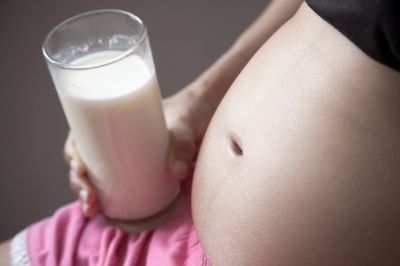
Many pregnant women think they should quit coffee or tea. Indeed, without measure consumption of coffee and tea can be harmful for the baby. The critical limit for caffeine is situated at 600 mg per day, which means about 6 cups of coffee, 12 cups of tea or 5 liters of Cola. Exceeding this limit can cause premature birth. In the last weeks of pregnancy, caffeine does not eliminate so quickly in the body, so it is recommended that the coffee to be replaced with green tea.
A delicate topic is the alcohol consumption. This is especially dangerous in the first few months of pregnancy, because it can harm the development of your child's organs. In the last weeks of pregnancy you can drink one glass of beer or wine.
You might also be interested in:
- When Teething Symptoms Begin, Sophie the Giraffe is the Best Teething Eco Toy | REVIEW & VIDEO
My baby is teething. I tried to avoid the stuffed toys, plastic or rubber toys. They are all made in China and I don't think they are 100% baby safe. Then, I discovered Sophie the Giraffe - Best Father's Day gift ideas for 2013. Your dad will love these
Buying the perfect Father’s Day gift can be trickier, compared to a Mother’s Day gift. But if you read this hub you will not to get caught without a Father’s Day gift idea. - A baby carrier for a busy mom. The soft structured carrier Marsupi Plus | REVIEW & VIDEO
A baby carrier should be on the list of baby essentials. See the choice of an active mom, how doesn't like being wrapped in scarves - Cloth diapers - How to save your money and the planet with baby essentials
Modern cloth diapers are now well studied. They are they are colorful, safe and efficient. A baby essential that will save you money, is ecological and respectful with your baby’s skin. - How To Buy The Best Baby Stroller | REVIEW & VIDEO
The search for the best baby stroller began several months before the birth of my son. At first, I had a crush for those big strollers, the SUV-like and all terrain strollers. But then I discovered...

